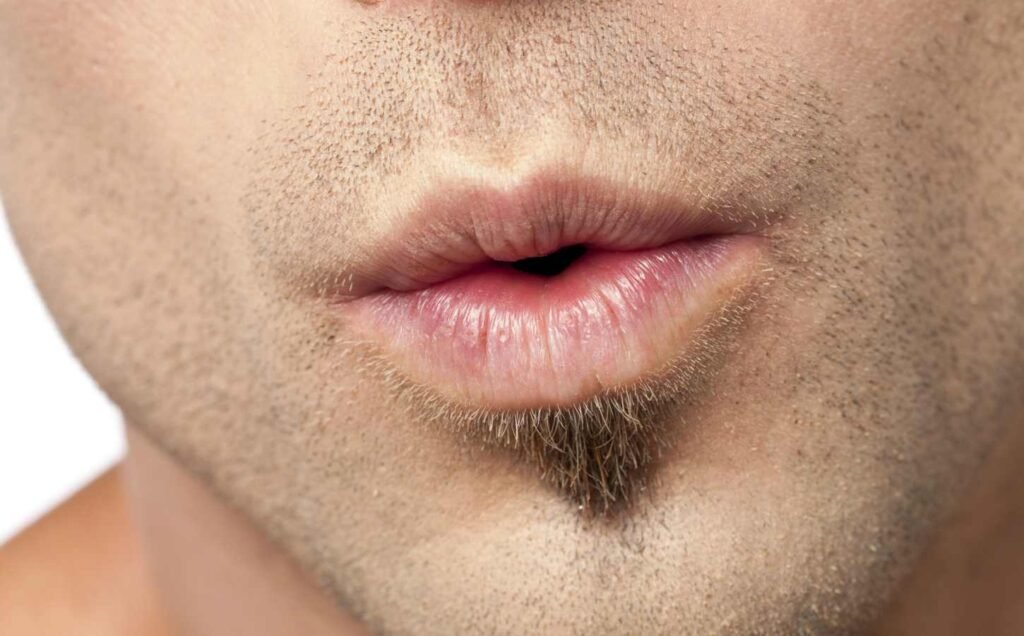Sleep attacks are a relatively rare but potentially dangerous occurrence that can disrupt daily life and pose a risk to safety.
A sleep attack is an episode in which an individual suddenly falls asleep, often without warning, regardless of their current activity. This can be particularly concerning if it happens while driving or operating heavy machinery.
Sleep attacks are commonly associated with narcolepsy, a chronic sleep disorder characterized by excessive daytime sleepiness, sleep paralysis, and hallucinations. However, sleep attacks can also occur in individuals without narcolepsy, often due to other underlying conditions such as sleep apnea or medication side effects. In some cases, sleep attacks may be a symptom of a larger neurological disorder.
The impact of sleep attacks on an individual’s quality of life can be significant. They can cause disruptions in work, social interactions, and daily activities. Additionally, the risk of injury or accidents during a sleep attack can be a source of anxiety and stress. Understanding the causes and potential treatments for sleep attacks is crucial for those affected by this condition.
Understanding Sleep Attacks
Characteristics of Sleep Attacks
Sleep attacks are sudden, uncontrollable episodes of falling asleep that can occur at any time of the day. They are often accompanied by excessive daytime sleepiness, which can interfere with daily activities. During a sleep attack, a person may fall asleep for a few seconds to several minutes, and may even experience automatic behavior, where they continue to perform tasks without being fully aware of their actions.
Sleep attacks are a common symptom of narcolepsy, a neurological disorder that affects the brain’s ability to regulate sleep-wake cycles. Other symptoms of narcolepsy include cataplexy, a sudden loss of muscle tone triggered by strong emotions, and excessive daytime sleepiness.
Causes and Triggers
The exact cause of sleep attacks is not fully understood, but genetics, infection, trauma, and autoimmune disorders may play a role. In narcolepsy, the loss of hypocretin/orexin-producing neurons in the brain is thought to be responsible for the disruption of the sleep-wake cycle.
Sleep attacks can also be triggered by disrupted sleep, such as insomnia or sleep apnea, and by medications that affect the central nervous system, such as sedatives or antihistamines. Psychological factors, such as stress and anxiety, can also contribute to the occurrence of sleep attacks.
Impact on Daily Life
Sleep attacks can have a significant impact on a person’s quality of life, as they can interfere with work, school, and social activities. They can also increase the risk of accidents and injuries, especially if they occur while driving or operating heavy machinery.
Treatment for sleep attacks typically involves medication to help regulate the sleep-wake cycle, as well as lifestyle changes to promote healthy sleep habits. It is also important for individuals with sleep attacks to avoid situations that may trigger them, such as prolonged periods of inactivity or high-stress environments.
Overall, understanding the characteristics, causes, and impact of sleep attacks is crucial for individuals with narcolepsy and other sleep disorders, as well as for healthcare providers and the general public.
Diagnosis and Management
Diagnostic Procedures
To diagnose sleep attacks, doctors may perform a variety of tests, including polysomnography and multiple sleep latency tests. Polysomnography monitors brain activity, eye movement, heart rate, and breathing patterns during sleep. Multiple sleep latency tests measure the time it takes for a person to fall asleep during the day. A diagnosis of sleep attacks may also involve checking cerebrospinal fluid for abnormalities.
Treatment Options
Management of sleep attacks may involve a combination of medication, lifestyle changes, and coping strategies. Short naps during the day may help improve alertness, while regular exercise and good sleep hygiene can help regulate sleep patterns. Stimulants such as caffeine and prescription medications like sodium oxybate may also be used to manage symptoms.
Antidepressants such as SSRIs, SNRIs, and tricyclic antidepressants may be prescribed to help manage underlying mental health conditions that may be contributing to sleep attacks.
Living with Sleep Attacks
Living with sleep attacks can be challenging, but there are coping strategies and support groups available to help individuals manage their symptoms. Lifestyle changes such as regular exercise, good sleep hygiene, and stress management techniques may help improve symptoms.
Individuals with sleep attacks may also benefit from joining support groups or seeking mental health treatment for conditions such as depression and anxiety.
Overall, management of sleep attacks involves a combination of diagnostic procedures, treatment options, and lifestyle changes. Working with a healthcare professional and implementing coping strategies can help individuals manage their symptoms and improve their quality of life.

Insufficient Sleep Syndrome

Insufficient Sleep Syndrome is a disorder that occurs when a person does not get enough sleep, which can lead to a range of physical and mental health problems.
Insufficient Sleep Syndrome is a common problem that affects people of all ages. According to the Centers for Disease Control and Prevention (CDC), more than one-third of adults in the United States do not get enough sleep on a regular basis.
Continue reading: Insufficient Sleep Syndrome
Master the 4-7-8 Breathing Technique for Better Sleep

The 4-7-8 breathing exercise, also known as the “Relaxing Breath,” is a method that involves a specific pattern of inhaling, holding, and exhaling the breath. Inspired by Pranayama, an ancient Indian yoga practice, this technique helps to regulate your breath and calm your nervous system.
Continue reading: Master the 4-7-8 Breathing Technique for Better Sleep



